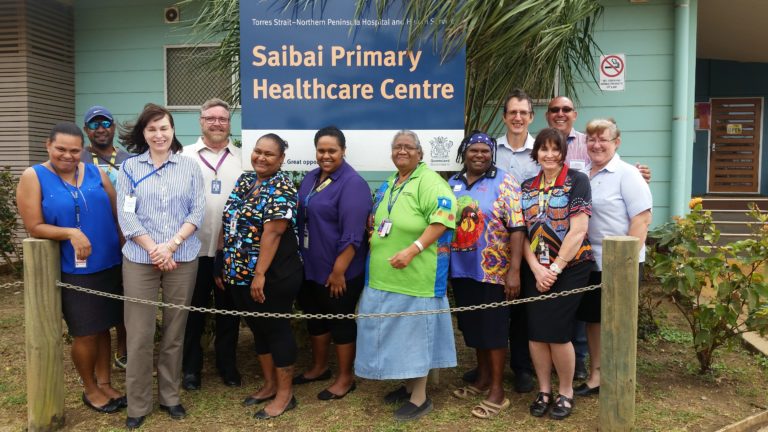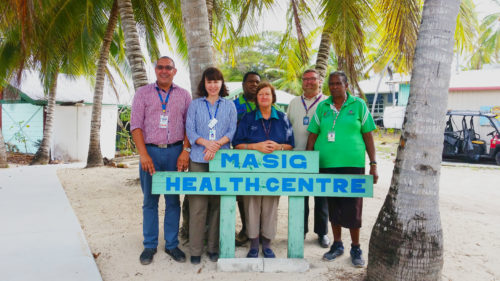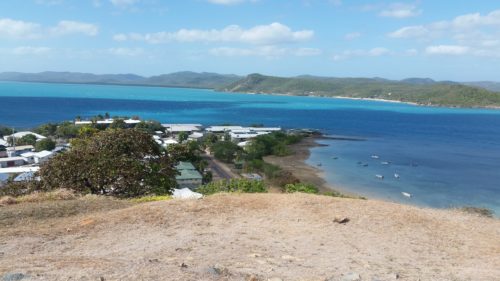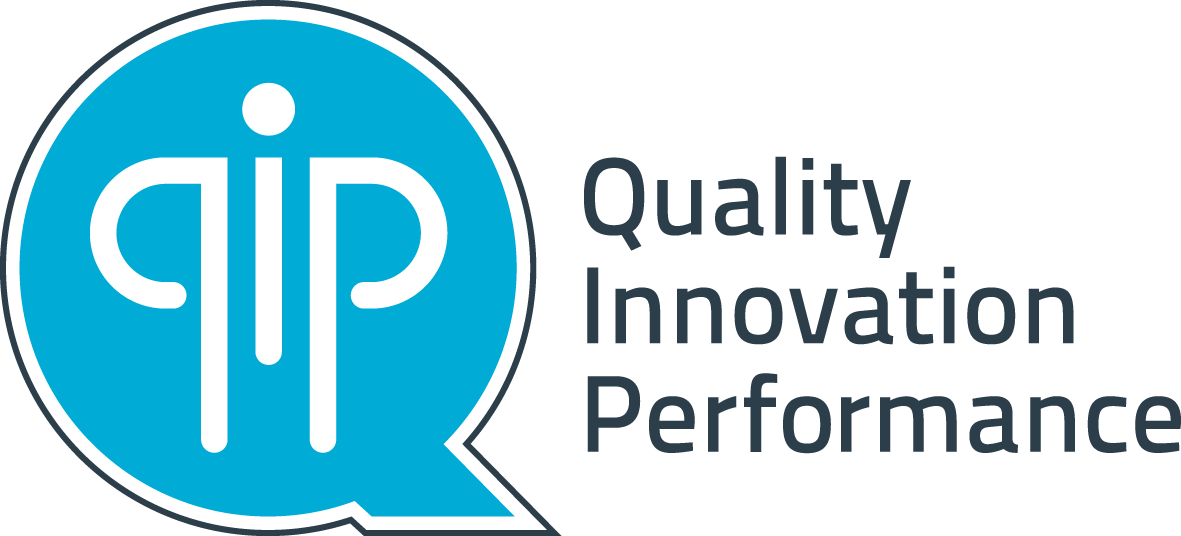Organisations in Focus
Torres and Cape Hospital and Health Service

Torres and Cape Hospital and Health Service (TCHHS) is the largest public healthcare service provider across Northern Queensland, caring for many small and remote areas.
The team at TCHHS consists of over 900 staff members operating across 35 facilities including four hospitals which service the resident population of approximately 26,000 people. 67% of these people identify at Aboriginal and/or Torres Strait Islander; in some communities this proportion is as high as 98%.
The overarching goal of the TCHHS team is to improve the health and well-being of people in the Torres Strait, Northern Peninsula Area and Cape York areas through community partnerships. To achieve this goal, the dedicated team at TCHHS aim to deliver integrated care models that connect primary and acute services, to provide a seamless healthcare journey and to deliver more services within their region. This is supported through the use of technology while expanding and strengthening their partnerships with other health care providers.

AGPAL Surveyors and QIP Assessors with members of the Masig Health Centre Staff
In conjunction with their Consumer Advisory Committee, local Consumer Advisory Networks and Health Action Teams, TCHHS has strengthened their partnerships with local communities
and other health service providers such as Royal Flying Doctors Services (QLD), Apunipima Cape York Health Council and Northern Peninsular Area Family and Community Services. This
has allowed for a range of culturally appropriate services to be delivered, tailored to each community’s identified needs.
Maintaining these relationships presents challenges and takes a great deal of commitment but with the use of technology as a communication tool, the effort is well worth it. Isobel Moase, TCHHS’s Quality Coordinator, explained that without partnering in this way, TCHHS would not be able to deliver the type of care that they do. The QIC Health and Community Services Standards (QIC Standards) in particular, offer a framework to manage these external partnerships, playing a vital role in the partnership’s success.
Adding to the challenges faced, are those that come with servicing such a large expanse of Queensland’s most remote areas. TCHHS require highly experienced, competent and confident practitioners to work in these very remote settings. Supporting these staff and maintaining continuity adds to these difficulties. Despite these problems, many of the TCHHS staff offer over 20 years of dedicated service and experience in Cape and Torres Strait communities.
Technologies such as telehealth help to reduce the distances between these rural areas, giving greater access to specialist healthcare advice and support for the Torres and Cape York region.
In addition to holding QIP accreditation against the QIC Standards, TCHHS has achieved accreditation against the National Safety and Quality and Health Service Standards (NSQHS) and the National Standards for Mental Health Services (NSMHS). This multi-accreditation is a huge achievement that the TCHHS team should all be extremely proud of.
Isobel highlights how these standards help in knowing that the governance structures which underpin the care provider, gives TCHHS staff and their consumer’s assurance of the provision of the highest quality and safest care possible. The QIC Standards encourage staff to innovate while giving them confidence and direction in embedding continuous quality improvement into service design and delivery. This is especially present and encouraged in the context in which the TCHHS provide their services.

Masig Health Centre, QLD
Due to working primarily with Aboriginal and Torres Strait Islander people, Isobel shares her insight into the current status of Indigenous health care in Australia, “ The Closing the Gap reports demonstrate that the health care for Aboriginal and Torres Strait Islander people, in general, continues to lag behind that of non-Indigenous Australians. At TCHHS, we have welcomed the second edition of the NSQHS Standards; with the explicit inclusion of standard criteria that address Aboriginal and Torres Strait Islander health. It will be interesting to see what impact the new Standards have on care delivery and health outcomes for Aboriginal and Torres Strait Islanders across Australia. Having said that, the social determinants of health cannot be addressed through health service delivery alone, rather by partnering with Community Councils, local governments and non-health care providers in a variety of initiatives. This is where the real improvements in Aboriginal and Torres Strait Islander health outcomes lie.”
Isobel and the devoted team at TCHHS are in constant pursuit to create better healthcare for the people of Northern Queensland and the Torres Strait. They are working tirelessly toward advanced standards and technology to improve the health and well-being of these communities. By focusing on community and council partnerships along with a number of accreditation standards, the TCHHS team will continue to expand and strengthen their services to all Indigenous, Torres Strait Islander and non-Indigenous Australians of North Queensland and the Torres Strait.




